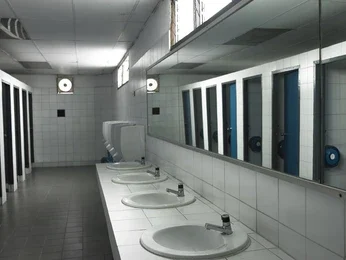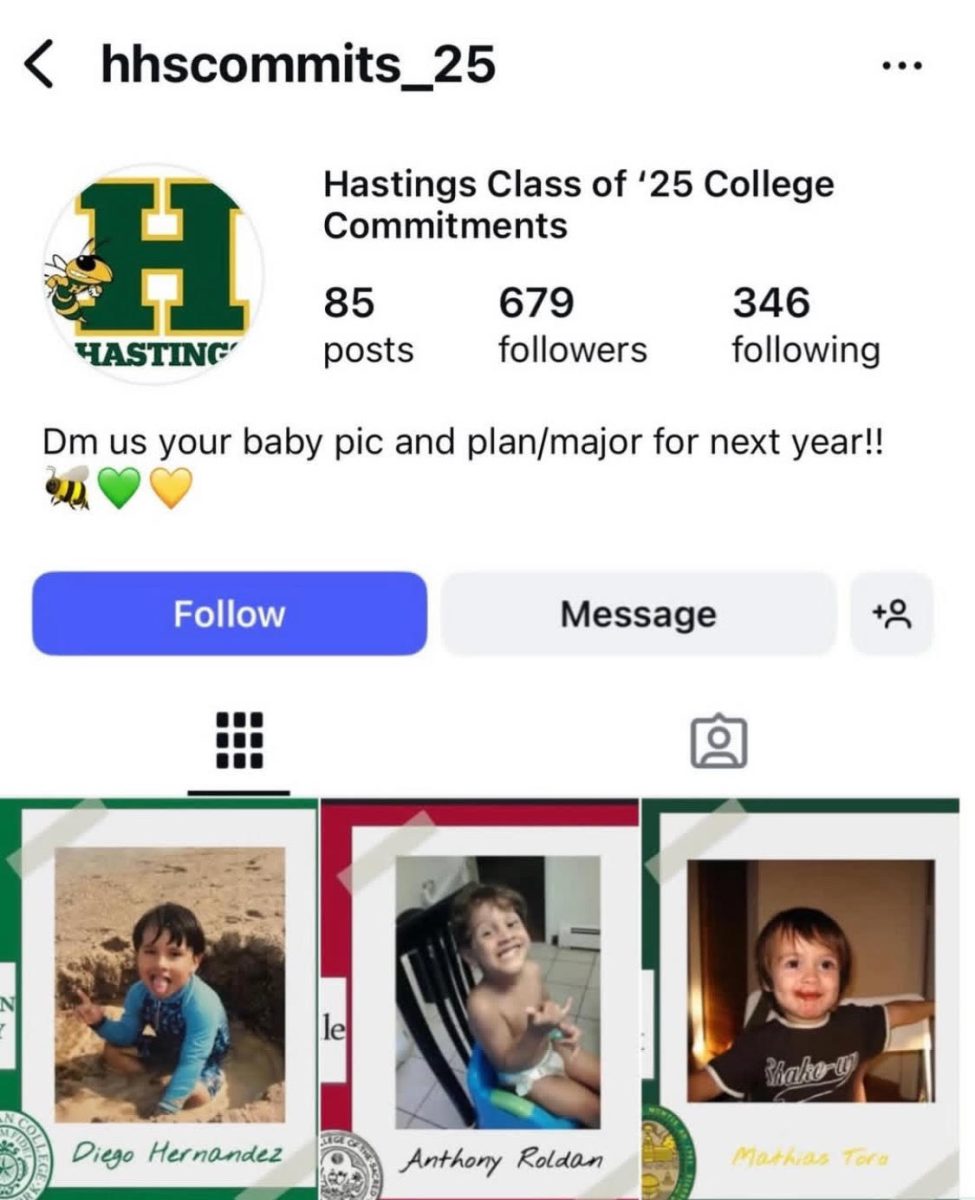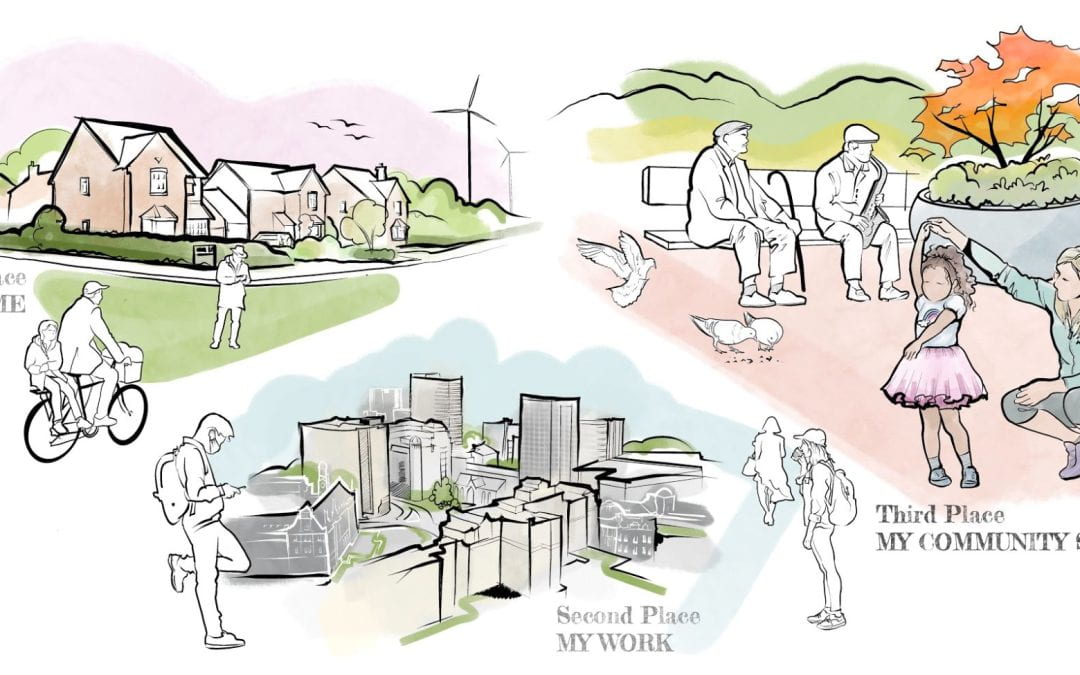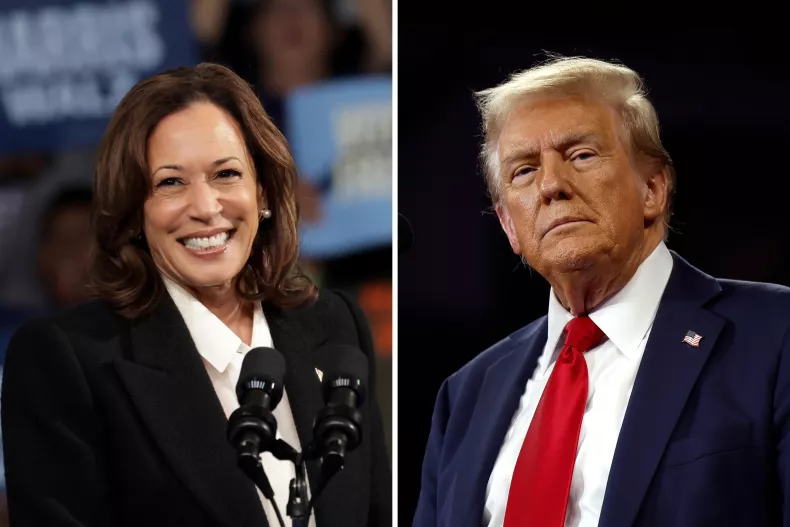A controversial voting bill introduced in Congress is a nationwide debate. The Safeguard American Voter Eligibility or the SAVE Act, introduced on May 8, 2024 by Representative Chip Roy (R-TX), would require individuals to present documented proof of U.S. citizenship, like a birth certificate, passport, or naturalization papers, in order to register to vote in federal elections.
In New York, including Hastings, the SAVE Act would override state level voter registration rules and add an extra federal requirement. This means that even though there is no record of widespread non citizen voting in the state, New York residents would face an added step in the registration process. Supporters of the bill argue that it protects the integrity of elections by preventing non citizens from voting. They believe that under current law, states lack the power to verify citizenship. In a statement to the media, Rep. Roy said, “This bill fixes a problem where the federal government was the barrier to states being able to ensure that only citizens vote.” Conservative advocacy groups such as the Heritage Foundation and Honest Elections Project have backed the legislation, stating that it ensures “clean” voter rolls and helps maintain confidence in election outcomes.
Critics, however, argue that the bill will make it harder for millions of prospective voters to register. Civil rights organizations such as the League of Women Voters, Brennan Center, NAACP Legal Defense Fund, and ACLU argue that the SAVE Act would disproportionately disadvantage young voters, seniors, low-income citizens, and naturalized citizens since these groups are less likely to have official citizenship documents. The Brennan Center for Justice estimates that more than 21 million U.S. citizens of voting age lack immediate access to the required documents. Critics also point out that cases of non-citizen voting are extremely rare. The Brennan Center and other civil rights advocates also argue that requiring documentation like a birth certificate or passport could place a significant burden on people born in rural areas, tribal lands, or low income households who may have never obtained or may have lost such records.
Senate Minority Leader Chuck Schumer has called the bill “dead on arrival” in the Senate, saying there is no significant evidence of non-citizen voting. He emphasized that efforts like the SAVE Act are part of a larger national trend to restrict voter access under the guise of election security. Although the bill’s prospects in Congress are uncertain, its introduction highlights a nationwide debate about how to address voter access and election integrity. For young voters, it is a reminder that civic engagement starts not just with voting, but with an awareness of the laws that determine who gets to the polls.


















